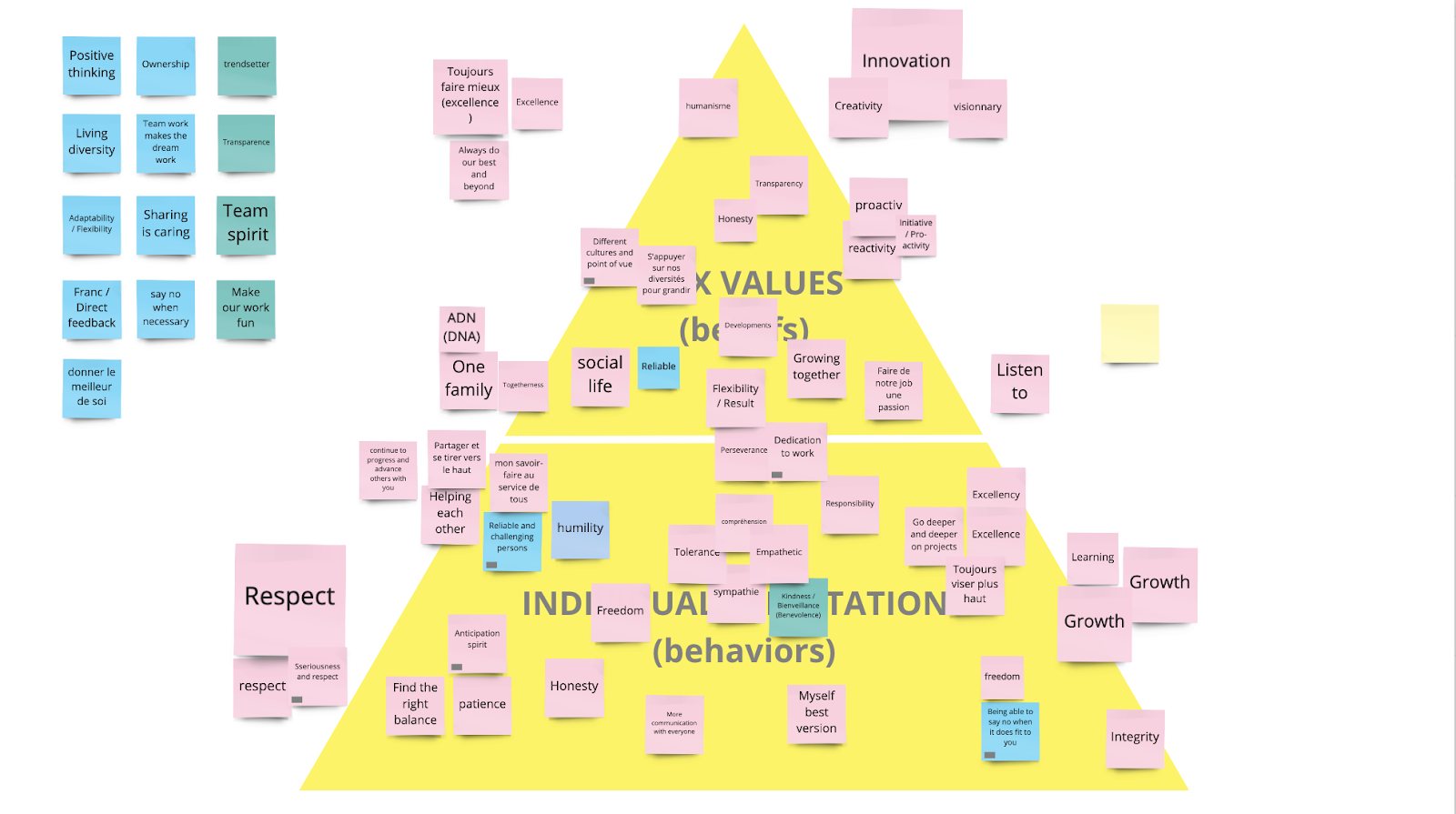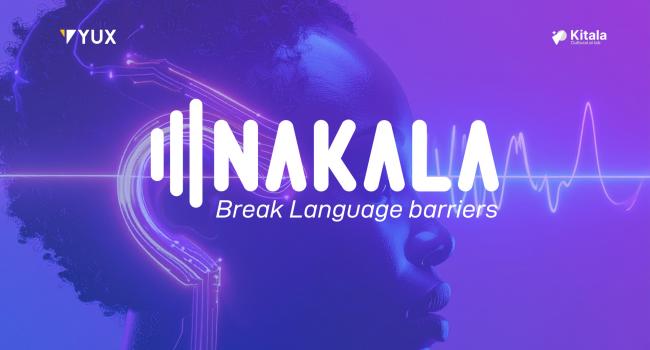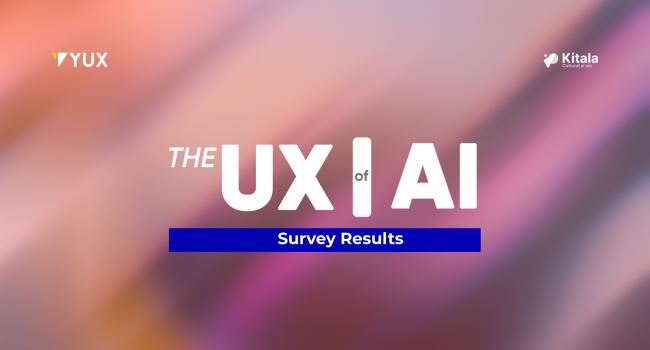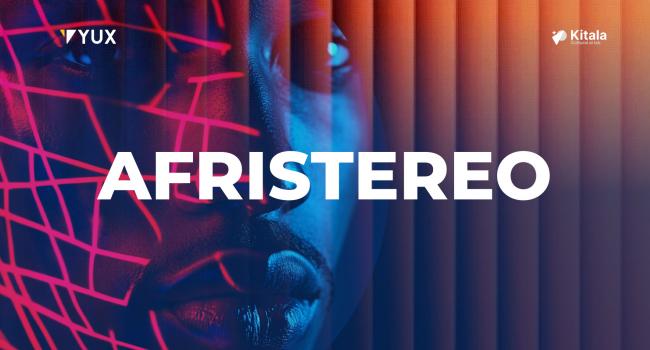How we structured our values and expectations…. 5 years after we launched!
Our UX design company is now practically 5 years old, and only recently have we structured our values and individual expectations. “About time!” You could say. And yes, you would be right… also it’s great to have them now! But why did we wait this long, and how did we finally do it?
Defining our values was not a key output for us at the time… We knew we were still growing, evolving, didn’t even know if there was a market for design & research agencies in Africa
out there and we also had some pretty serious operational and growth challenges that were taking up our attention first 😂. (ie: How can we get the cofounders out of all the decision-making while maintaining our standards?!)
The first 3 years: no structured values ... but a lot of team retreats by the sea
Things went very fast the first 3 years. Every 6 months we would go out to the Petite Côte of Senegal for a team retreat and brainstorm on our vision, our processes, what we did or didn’t do that well and what needed to change. From one team building to the next the team would grow significantly and all our processes had to change. Everyone was very engaged because this was the time to express any frustrations with our way of work, and, more importantly, shape who we would grow into.
It was quite taxing, but also very rewarding to take time to reflect and look back. We didn’t quite ignore our values, but instead of structuring them, we had a more operational approach where we would dedicate time and resources to projects the team wanted to work on. Whether these projects actually happened or not, and people’s engagement in them proved essential as we were looking back to define ourselves.
Right about when we had validated our market (end of year 3) and we could have worked on our values, well COVID-19 hit the planet, and let’s just say our team building ritual did not take place as usual.
So we finally got around to it this year, and the impacts are already tangible!
Company Value & individuals expectations
As founders, we had many things we wanted to express in our values, and at first, there were really just too many. Some were really inspirational, others more down-to-earth and productivity-related… It was going in all different directions. As you can imagine, we knew the team had their own values to add, and it was going to get crazy! A breakthrough came while talking to one of our advisors, who explained the difference between “company values” and what he called “individual expectations”.

*Company values are really your ideals as a team. They are very high level, and are your company’s “beliefs”. Moreover, they should reflect the ACTIONS that teammates and yourself take on a daily basis. They have to be practical.
Some questions we asked ourselves to identify them
- What are our higher goals? Build a gigantic, shitty design projects factory or a qualitative, long-term focused niche company? Huge in one country or small but impactful in many countries?
- What is the company culture we want to foster? Learning-focused or performance-focused?
- What higher values are we looking for in team members that would make them ideal for our company, beyond technical skills?
- What values are we pushing, beyond business performance?
Here are 5 of our 9 company values and their descriptions:
Be the User’s Advocate
This means if you have to choose between a feature that the user will like versus one you client wants, always favor the user's opinion and TEST IT. As designers, we are the user-only advocates, and if you don't fight for them, and build USEFUL things, nobody will and they'll be exploited as usual. You can change that.
Be Reactive & Reliable
Do you answer colleagues and clients in less than 24 hours (even if it’s just to say “I’ve seen your message, I’ll answer on Monday. ;) Do you deliver tasks at or before the deadline, and with the promised quality? Of course, accidents can happen, but we handle any issue that may arise gracefully to set things on track again.
Build Communities
The African design community is budding and needs members. This means talking meaningfully with your colleagues and other African designers outside of purely work-related projects, spreading knowledge that you have earned, being a mentor... There are so many ways we can impact positively, all we need is to take action. Today this is facilitated by social media of course, but you can also engage in 1 on 1 relation with a special few.
Live Diversity
This means welcoming other cultures, treating a foreigner with as much respect as a family member. Learn about his/ her context, history, family, and culture and make him/her discover yours. We are all from the same blood trying to accomplish something at a pan-African level, something greater than ourselves or any nationality, everyone has something to contribute.
Empower African Identity
One reason YUX was founded was to fight the colonization of the digital space, build products truly adapted to the African context, and include users in the process. This means that from the look and feels to the value propositions of the products we work on, we tailor them to our users.
*Individual expectations, on the other hand, are more practical. They are the ethics of work you are expecting of your team members, qualities they need to have.
Some questions we asked ourselves to identify them:
- What are the essential qualities to work at YUX?
- What standards do we hold ourselves to on a daily basis?
- What are essential qualities our clients want to find in us?
- What are key examples we can give for each of these expectations?
Here are some examples of our individual expectations:
Be solution-oriented
Do you see the bright side of things? See solutions and opportunities rather than problems? Do you spread this positivity around you?
Be Humble
Do you know how to receive feedback positively on your creation and design? Ask why people don't like it and how they would improve it. Always get the opinion of the users, (sometimes) they know better than you.
Give direct & polite feedback
Are you capable of giving honest and benevolent feedback while respecting the other person and mind his cultural context? No unnecessary sugar coating? Do you know how to make constructive criticism?
Sharing is caring
Do you communicate often with other members of YUX? Share ideas and solutions with your teammates? Do you give internal and/or external training sessions? Share cool things you found on Slack?
Learn to say NO:
At YUX you are not only allowed but encouraged to voice your opinion and disagree. Choose the right clients, tell when you can not do something, tell when you're not happy about a deliverable.
The process: let people express with their own words what you should have transmitted by example
This is how we did it
- Between co-founders, we listed the values and expectations we thought were important and discussed them
- We engaged the entire team (+30 people) in a brainstorming session where everyone listed what YUX meant to them in terms of values and expectations.
- We compared both versions and discussed them extensively with the team to make sure we understand them the same way.
- We build a comprehensive final version with detailed descriptions and examples.
- We shared it with the team, but most importantly, we now share it with new recruits during their onboarding process and ask them to come up with specific questions.
Key learnings defining our values
- We included the team in the process - our teammates actually have a more realistic, less biased vision of our company than ourselves.
- We gave it time: the values should be the reflection of each person in a team, not the other way around as brainwashing - we gave our company culture time to dig roots and the values will become natural.
- We avoided empty generalities: Integrity, excellence, etc are over-used and don’t actually mean anything practically for an employee.
- We gave examples of how these values and expectations translate into actions: “Sharing is like our product manager Pierre, giving night English classes to 1 or 2 colleagues, without anyone else and not even the founders knowing about it”. (Note: the classes were free I guess!).
- We were looking for a set of values and expectations that can reconcile business performance with pleasure and purpose. If a theme is more important than the other, we risk having our employees understanding: “ohhh I can do whatever I want as long as I’m performing” - This article on Uber philosophy and their harassment issues points it out very well.
- We embraced how the team defined the company, even when it can seem not fit for your industry. For instance, from day one we insisted on Humility, which, when you think about it, is not very common among designers and design agencies around the world! It clearly means that we value your listening skills and capacity to question yourself more than your talent.
- We find it very useful to review the individual expectations with everyone individually during the quarterly reviews, it’s a good way to reconnect at a deeper level with team members. Especially during these times where human connections have gone so digital.
- It’s a great way to engage people in their onboarding process! (Which is a key tool for retention!).
- It helps us make some key strategic decisions faster. Does this new project, or client align with our values?
- And some individual expectations are quite popular like our “learn to say no”, which seems to be the one our team reminds us of the most often 😂).



